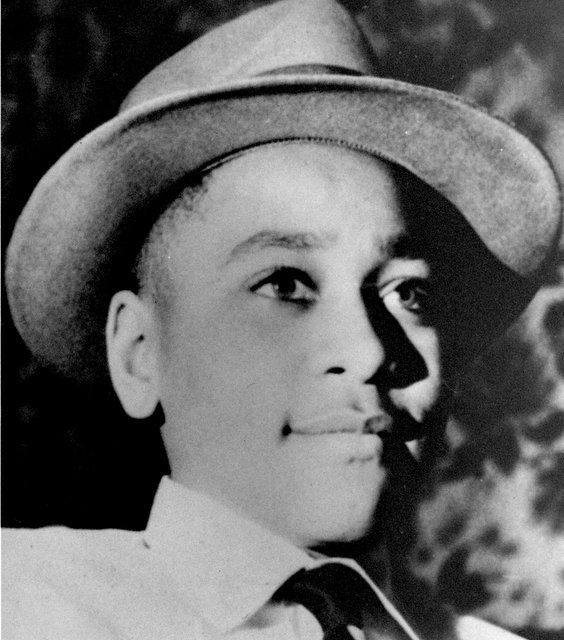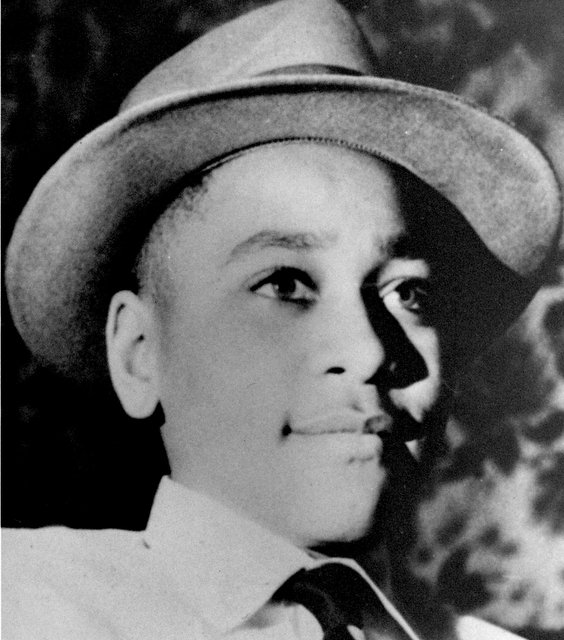[ad_1]
By Micha Green, AFRO Washington, D.C. Editor, [email protected]
Even before it was cool to cite the hashtags “Black Lives Matter” and “Say His/ Her Name,” Mamie Till made sure the world knew about the brutal beating and monstrous murder of her 14-year-old son Emmett Till in 1955—though the justice system didn’t seem to agree that the Black boy’s life mattered. A month after his death, the two people accused of murdering him were acquitted in less than an hour by an all-White jury.
Over 60 years later and the U.S. Department of Justice is doing what it can to ensure justice is served in Till’s murder.

“The Till case has been re-opened by DOJ based upon the discovery of new information,” the department said in March, according to CNN.
The accused murderers, Roy Bryant and J.W. Millam later admitted to killing Emmett and dumping his body in the Tallahatchie River, but knew, because of double jeopardy laws, that they wouldn’t be tried, according to CNN.
Then last year, Vanity Fair published an article in which a Duke University scholar said Roy Bryant’s wife, Carolyn Bryant – the woman who said Emmett flirted with her, propelling the men to kill him – confessed that she made up the most severe part of her story.
As she spoke to the scholar Timothy Tyson for his book, “The Blood of Emmett Till,” Bryant allegedly said of Till’s reported flirting: “That part’s not true.”
Milam died in 1980 and Roy Bryant died in 1994 yet, Carolyn Bryant is still alive and may not be excused despite statutes of limitations.
Based off the Emmett Till Unsolved Civil Rights Crimes Reauthorization Act, which was first introduced in 2007 and reauthorized in 2016, the Department of Justice can investigate pre-1980 civil rights murders.
The Department has not offered any further details about the investigation.
[ad_2]
Source link

